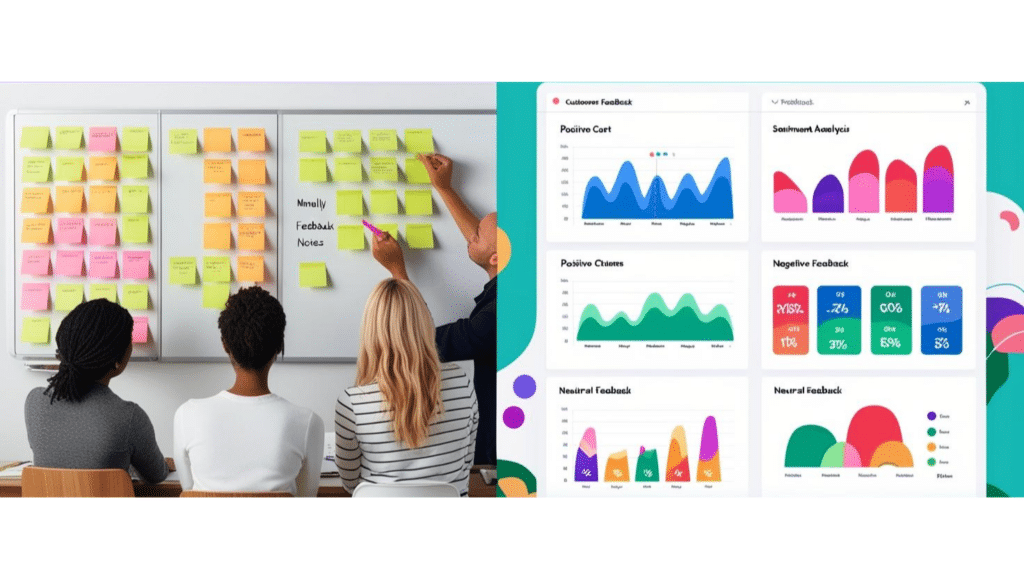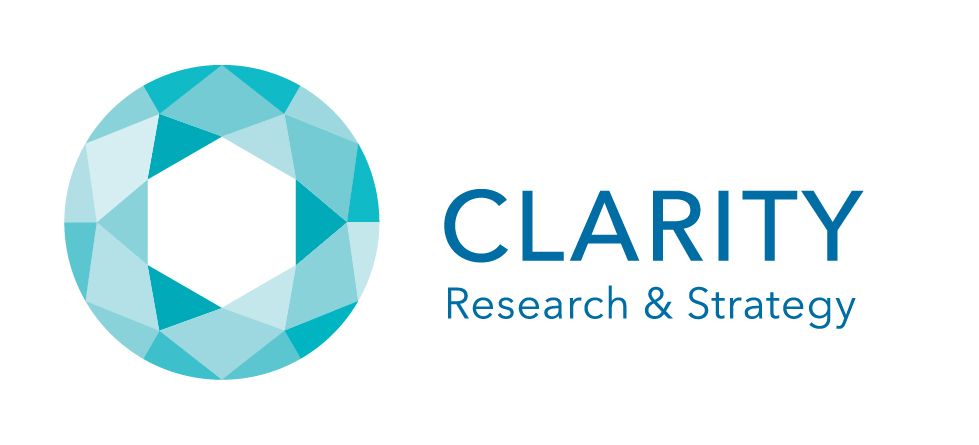The CEO of a fast-growing startup sat at the conference table, reviewing their latest customer insights report. The data seemed promising, but something felt off. “Are we really getting the full picture?” they wondered. Enter artificial intelligence (AI)—a technology that promises to revolutionize market research. But does AI in market research truly deliver game-changing insights, or is it just another overhyped buzzword?
The Evolution of AI in Market Research
For years, market research relied on traditional methods—surveys, focus groups, and competitor analysis—to gather insights. While effective, these approaches were often slow, expensive, and prone to human bias. AI has changed the game, offering businesses the ability to process vast amounts of data in real time, uncover hidden patterns, and predict consumer behavior with remarkable accuracy.
But before we declare AI the ultimate solution, let’s break down its real impact on market research.
How AI is Transforming Market Research
1. Data Collection at Scale
AI automates data collection across multiple channels—social media, customer reviews, forums, and online surveys. Instead of relying solely on structured questionnaires, AI can analyze unstructured data, such as sentiment analysis from social media mentions.

2. Advanced Data Processing & Pattern Recognition
Traditional data analysis methods often miss subtle trends. AI algorithms, especially those powered by machine learning, can recognize patterns in consumer behavior that human analysts might overlook. These insights help brands refine their messaging, improve customer experiences, and optimize product offerings.

3. Predictive Analytics for Smarter Decision-Making
AI in Market Research isn’t just about understanding past trends—it’s about forecasting future ones. Predictive analytics models analyze historical data to anticipate customer needs and preferences, allowing brands to stay ahead of the competition.
4. Chatbots and AI-Driven Surveys for Real-Time Insights
AI-powered chatbots can engage consumers in real time, asking the right questions based on individual responses. This not only improves engagement rates but also ensures more accurate data collection.
Common Pitfalls to Avoid When Using AI in Market Research
While AI is powerful, it’s not without its challenges. Businesses should be aware of these common pitfalls:
- Over-Reliance on AI: AI enhances research but doesn’t replace human intuition and critical thinking. A blend of AI and human expertise is key.
- Bias in AI Models: If trained on biased data, AI models can produce skewed insights. Ensuring diverse and representative data sets is crucial.
- Lack of Transparency: AI algorithms can be complex. It’s essential to understand how they generate insights rather than blindly trusting outputs.
- Privacy Concerns: AI processes vast amounts of consumer data, making compliance with data protection regulations (e.g., GDPR, CCPA) a priority.
Additional Tips for Leveraging AI in Market Research
- Combine AI Insights with Traditional Research: AI can provide broad insights, but human-led qualitative research adds depth and context.
- Invest in the Right Tools: Not all AI solutions are created equal. Choose platforms that align with your business needs and research goals.
- Regularly Validate AI Findings: Cross-check AI-generated insights with real-world observations to ensure accuracy.
- Educate Your Team: Equip your marketing and research teams with AI literacy to maximize its benefits.
Final Thoughts: Game-Changer or Overhyped?
AI in market research is undeniably transformative, offering businesses unparalleled insights at scale. However, its true value lies in how it’s applied. Companies that balance AI-driven analytics with human expertise stand to gain the most.
Want to dive deeper into creating a culture of clarity for your business? Check out our latest book, Three Wise Monkeys: How Creating a Culture of Clarity Creates Transformative Success, and discover actionable strategies to drive growth. And If you’re ready to take the next step, Schedule a Call with us to explore how these insights can be applied to your business.





